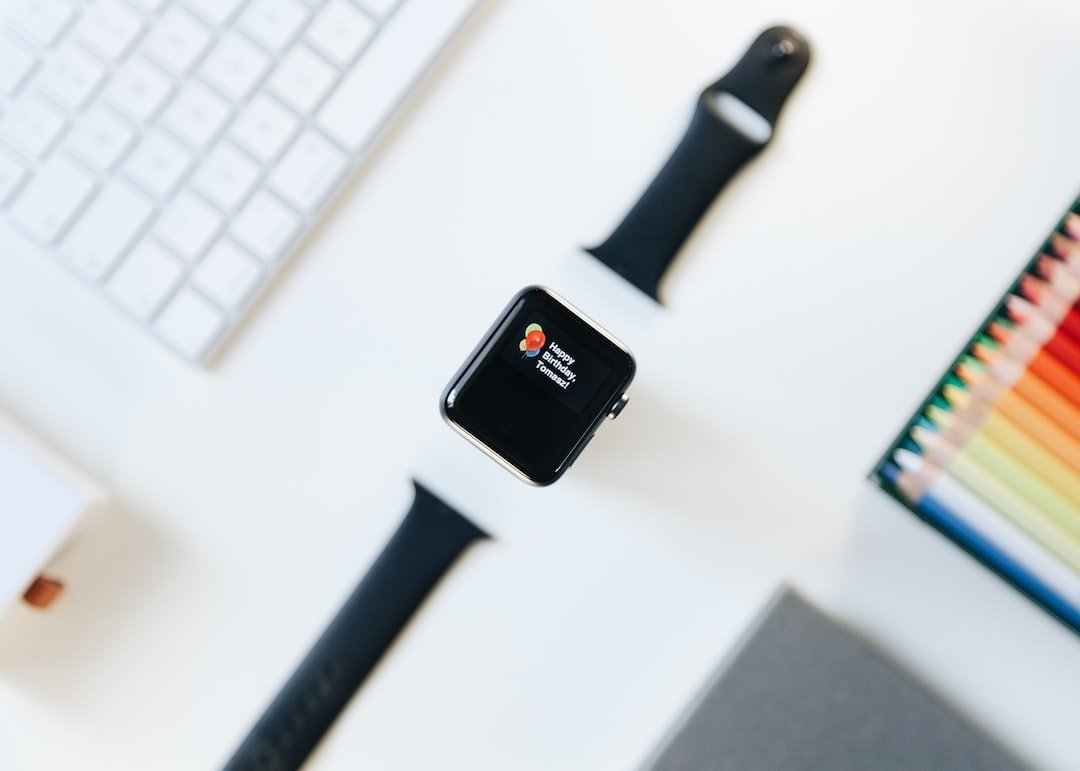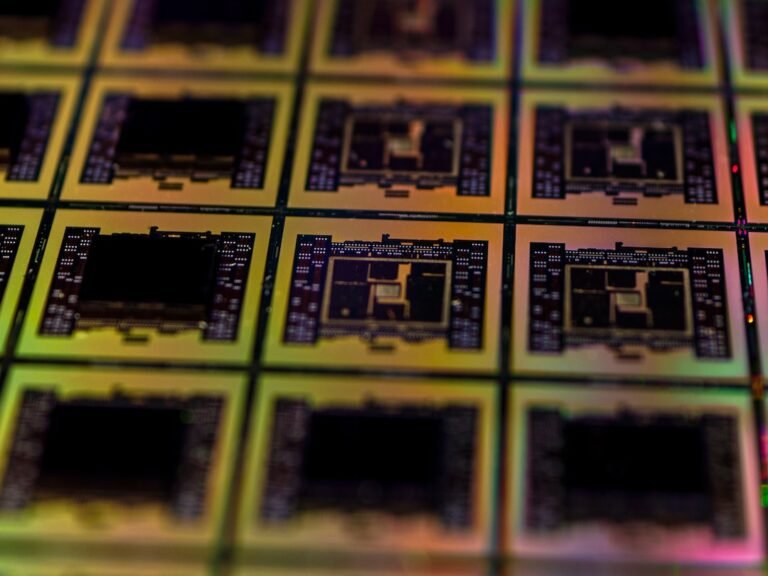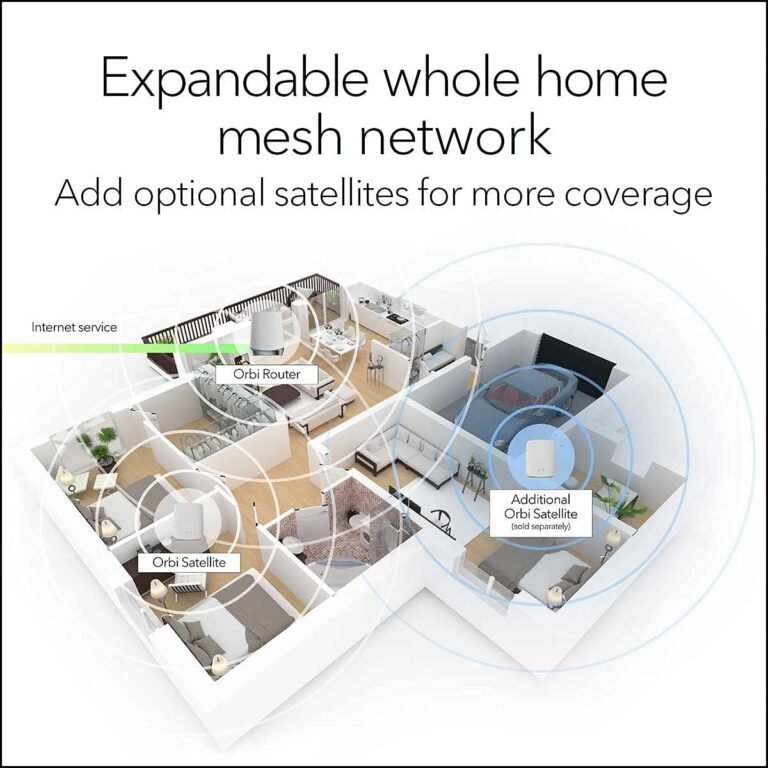Introduction
In today’s digital age, online privacy and security are of utmost importance. With cyber threats on the rise, it is crucial to choose a reliable and secure VPN service to protect your personal data and maintain anonymity online. In this article, we will compare two popular VPN providers, VPNArea and VPN.ac, to determine which one offers the best security and reliability for users.
VPNArea
VPNArea is a well-established VPN provider that has been catering to users’ privacy needs since 2012. With servers in over 70 countries and a user-friendly interface, it has gained a reputation for providing robust security without compromising on speed. Let’s delve into some of its key features:
Military-grade encryption: VPNArea uses AES-256 encryption, which is considered the gold standard in the industry. This level of encryption ensures that your online activities remain private and secure.
No-logs policy: VPNArea has a strict no-logs policy, meaning they do not store any information about your online activities. This is crucial for maintaining your privacy and anonymity while browsing the internet.
DNS leak protection: With VPNArea, you can rest assured that your DNS requests will not leak to your ISP or any other third-party. This further enhances your privacy and prevents potential vulnerabilities.
Kill switch: In the event of a VPN connection drop, VPNArea’s kill switch feature automatically blocks all internet traffic to ensure your data is not exposed. This is especially important when dealing with sensitive information or accessing restricted content.
DoubleVPN: VPNArea goes a step further in safeguarding your online presence by offering DoubleVPN. This feature encrypts your internet traffic twice, routing it through two different servers, thereby providing an extra layer of security.
VPN.ac
VPN.ac is another reputable VPN service that focuses on delivering top-notch security and performance. With servers in more than 20 countries, it offers a reliable and secure VPN experience. Let’s explore some of its notable features:
Highly secure protocols: VPN.ac supports a wide range of protocols, including OpenVPN, IKEv2, and L2TP/IPSec. These protocols offer robust encryption and ensure that your data remains safe from prying eyes.
AES-256 encryption: Similar to VPNArea, VPN.ac also uses AES-256 encryption to protect your online activities. This level of encryption is virtually unbreakable and guarantees maximum security.
Secure proxy browser extensions: VPN.ac provides browser extensions for popular browsers like Chrome and Firefox. These extensions act as proxies and encrypt your browser traffic, adding an extra layer of security when accessing the internet.
No-logs policy: VPN.ac strictly adheres to a no-logs policy, ensuring that your online activities are not recorded or stored. This feature gives you peace of mind knowing that your data is not accessible to anyone.
Built-in ad and malware blocker: VPN.ac includes an ad and malware blocker as part of its service. This feature helps protect you from malicious ads and potential threats while browsing the web.
VPNArea vs VPN.ac: A Comparison
When comparing VPNArea and VPN.ac, it is important to consider several factors that contribute to their overall performance, security, and reliability. Let’s take a closer look at how they stack up against each other:
Server network: VPNArea has a larger server network with servers in over 70 countries, giving users more options when it comes to accessing geo-restricted content. On the other hand, VPN.ac has servers in more than 20 countries, which may be sufficient for most users but limited compared to VPNArea.
Speed and performance: Both VPNArea and VPN.ac prioritize speed and performance. However, VPNArea has been known to deliver faster connection speeds in certain regions, making it a better choice for users who require consistent and high-speed VPN connections.
Protocols and encryption: Both providers offer highly secure protocols such as OpenVPN and AES-256 encryption. However, VPNArea’s DoubleVPN feature sets it apart, providing an extra layer of encryption for users seeking maximum security.
User interface and ease of use: VPNArea and VPN.ac offer user-friendly interfaces that are easy to navigate. VPNArea’s interface is slightly more intuitive, with clear options and settings for advanced customization.
Price and plans: In terms of pricing, VPNArea and VPN.ac are both competitively priced. VPNArea offers flexible plans with affordable long-term options, while VPN.ac offers a slightly lower starting price. It ultimately depends on the user’s budget and preference.
Conclusion
Both VPNArea and VPN.ac offer reliable VPN services with strong security features. However, VPNArea stands out with its larger server network, faster connection speeds, and DoubleVPN feature. On the other hand, VPN.ac offers secure proxy browser extensions and built-in ad and malware blockers. Ultimately, the choice between the two depends on individual needs and preferences.
When choosing a VPN service, it is essential to prioritize security, reliability, and the ability to bypass geo-blocked content. Both VPNArea and VPN.ac excel in these areas, ensuring that your online activities remain private and secure.
FAQ
| Question | Answer |
|---|---|
| What is a VPN and why do I need a VPN? | A VPN, or Virtual Private Network, is a secure connection between your device and the internet. It encrypts your internet traffic, ensuring that your online activities remain private and secure. You need a VPN to protect your personal data, browse anonymously, and access geo-restricted content. For more detailed information, read our article on What is a VPN and why do I need a VPN. |
| Is VPN illegal or is VPN legal? | Using a VPN is legal in most countries. However, it is essential to follow the laws and regulations of the country you are in. VPNs are widely used for legitimate purposes, such as enhancing privacy and security. To learn more about the legal aspects of VPN usage, refer to our article on Is VPN illegal or is VPN legal. |
| How does VPN encryption work? | VPN encryption works by encrypting your internet traffic using complex algorithms. This process ensures that your data is unreadable to anyone trying to intercept it. The encrypted data is sent through a secure tunnel to the VPN server, where it is decrypted and sent to its intended destination. This encryption process adds a layer of security and protects your information from hackers, ISPs, and other potential threats. |
| Can a VPN improve my internet speed? | In some cases, a VPN can improve your internet speed. By bypassing ISP throttling and connecting to a server closer to your location, you may experience faster speeds and reduced latency. However, factors such as server load and the distance between the server and your device can impact performance. It is recommended to connect to a server with a high-speed connection for optimal performance. |
Further Reading
| Title | Website |
|---|---|
| Best VPN Services | www.top10vpn.com |
| VPN Encryption: The Complete Guide | www.privacytools.io |
| VPN Comparison Chart | www.thatsitguys.com |




